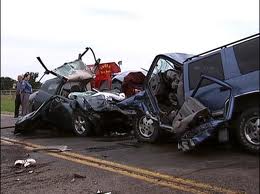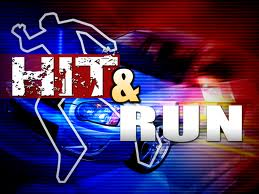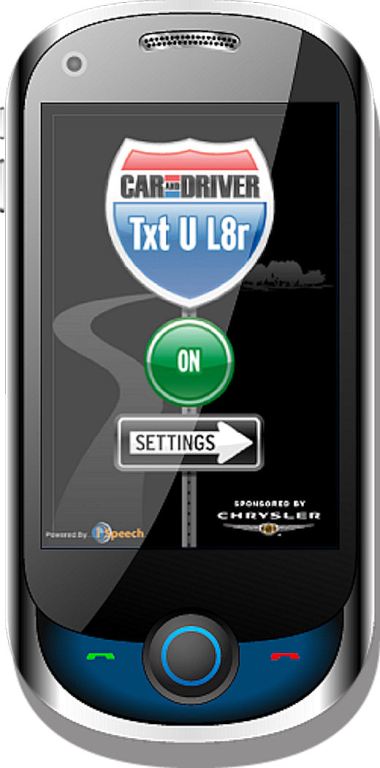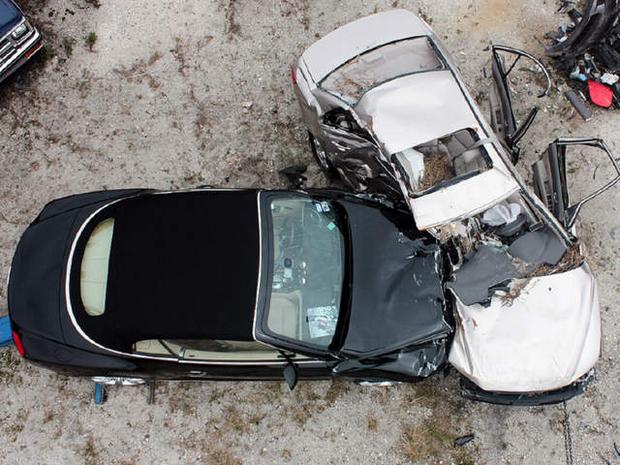
There has been a frightening number of wrong way car wrecks in Metropolitan Atlanta lately, four since August 15, and all involving fatalities. This is extremely alarming on numerous levels. First, at least two of these involved alcohol. There is evidence the wrong way driver, the “at-fault” driver, had consumed alot of alcohol before driving the wrong way on the Atlanta road. It is easily understandable how an intoxicated person can confuse entrance and exit ramps to a highway or interstate. But the other two, ostensibly, didn’t involve alcohol. So how does a driver who is not impaired in any way make the fatal mistake of driving the wrong way on Georgia roads?
These wrong way crashes in which the “at-fault” driver was not impaired is indicative of a deeper problem, that of roadway design and adherence to the Manual on Uniform Traffic Control Devices (MUTCD). These wrong way crashes may have very well have been prevented with better warning signs or directional signs, or warning markers actually on the roadway itself that would alert an impaired driver he is going the wrong way. The Georgia Department of Transportation is responsible for maintaining our state highways, including Federal Interstates. Georgia, like all other states, has adopted the MUTCD as its policy for proper traffic control devices, which includes not only traffic signals, but all other kinds of roadway signage, markings, paintings, tapings, or actual physical barriers to roads. Supposedly, on a Georgia highway that is properly marked pursuant to the MUTCD, wrong way collisions simply would never occur. The fact that they have suggests the DOT is failing the motoring public with lack of adequate markings or signage or warnings.
Suggestions include glass beads in the road that show up as red for the wrong way driver, or sensors that detect a wrong way driver and alert policeman in the area, or sensors that would automatically disable a wrong way driver’s car, or even spikes that would cut only a wrong way driver’s tires to stop him before he can get very far down the road. You see these spikes often in rental car lots. The GDOT has declined using them on exit ramps, however, claiming they aren’t designed for car speeds of 40 m.p.h.

 Atlanta Injury Lawyer Blog
Atlanta Injury Lawyer Blog




















